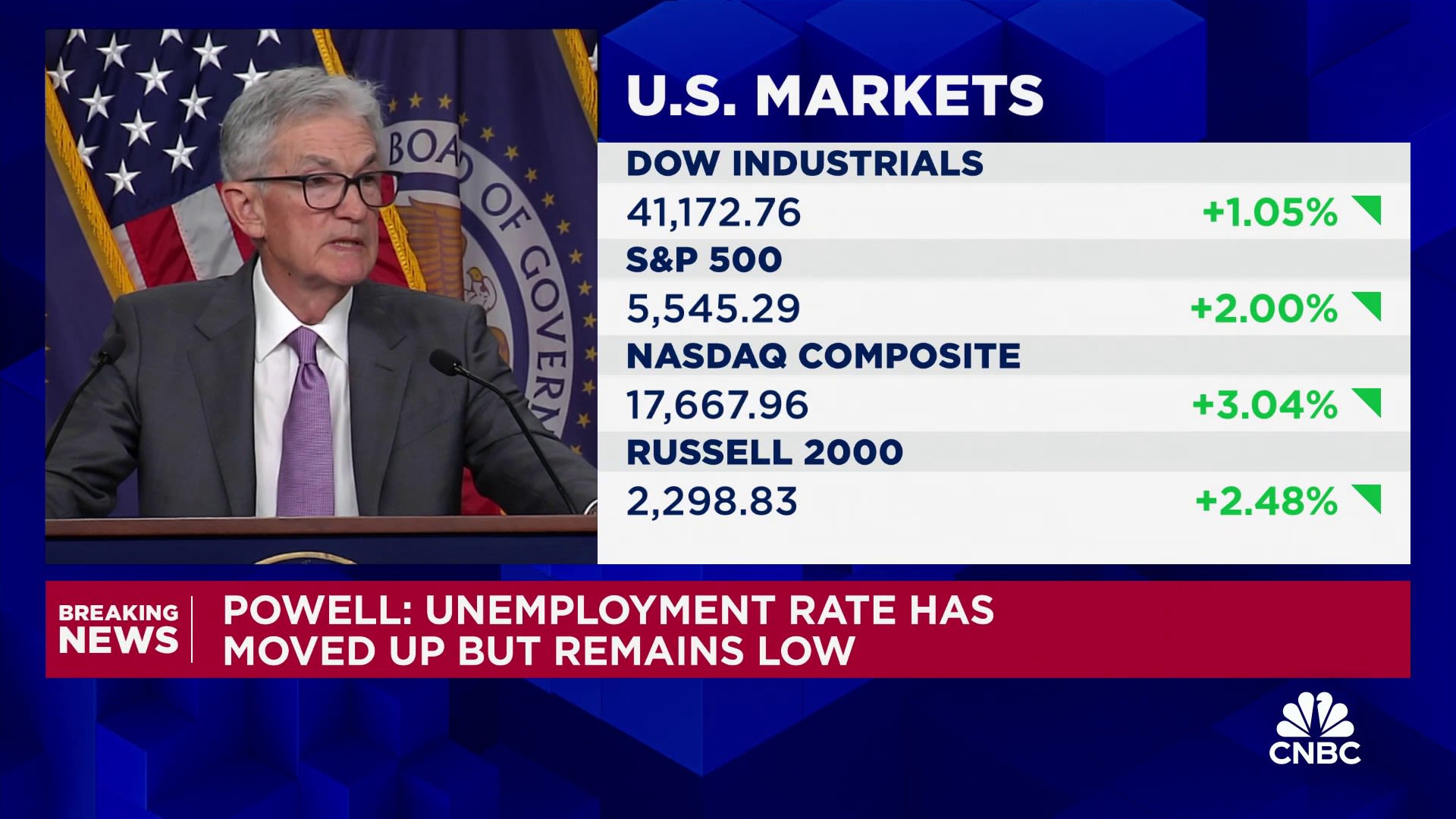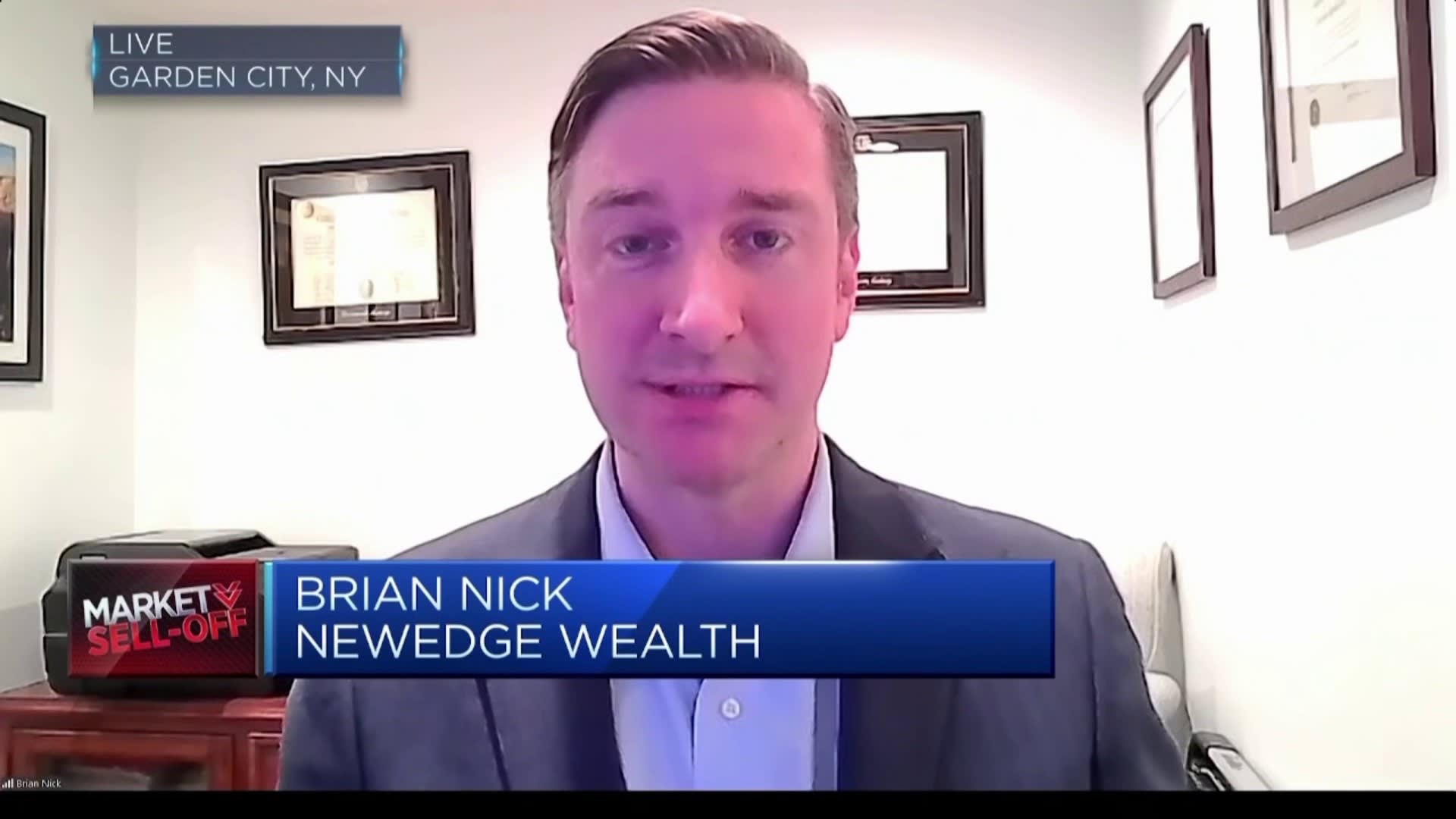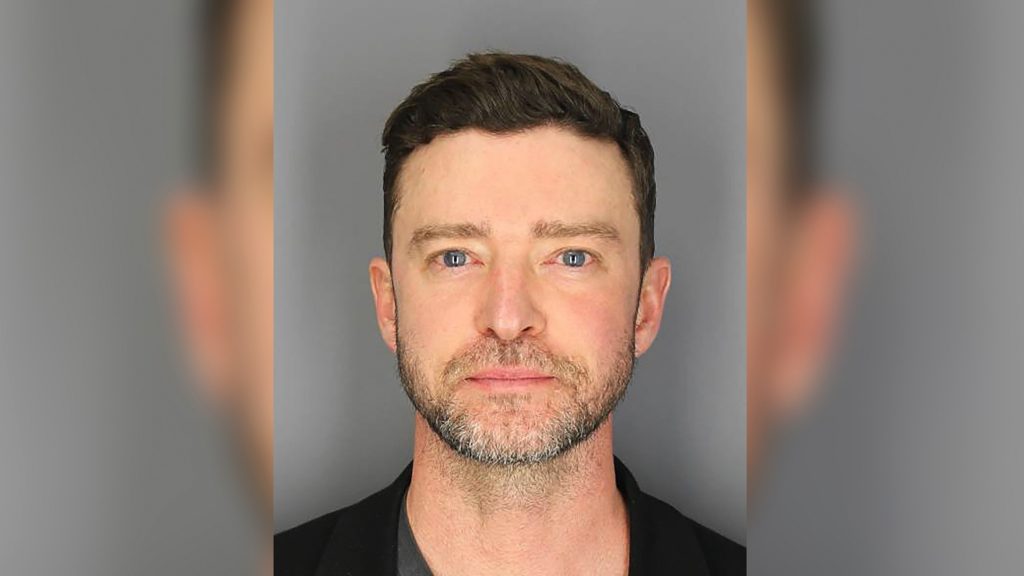Republican presidential nominee and former U.S. President Donald Trump speaks on a panel of the National Association of Black Journalists (NABJ) convention in Chicago, Illinois, U.S. July 31, 2024.
Vincent Alban | Reuters
At the National Association of Black Journalists‘ annual convention in Chicago on Wednesday, former President Donald Trump said inflation and high interest rates are “destroying our country.”
The Republican presidential nominee said if elected, he would “bring interest rates way down.”
“I bring inflation way down, so people can buy bacon again, so people can buy a ham sandwich again, so that people can go to a restaurant and afford it,” he said.
The president, however, exerts no direct control over interest rates. The Federal Reserve sets interest rates, and it operates independently of the White House.
Inflation has been a persistent problem since the Covid-19 pandemic, when price increases soared to their highest levels in more than 40 years. The Federal Reserve — which sets interest rates — responded with a series of rate hikes to effectively pump the brakes on the economy in an effort to get inflation under control.
More from Personal Finance:
Harris: ‘Building up’ middle class is a defining goal
What Kamala Harris’ latest financial disclosure reveals
The Fed sets the stage for a rate cut. What that means for you
Now, recent economic data indicates that inflation is falling back toward the Fed’s 2% target, paving the way for the central bank to lower its benchmark rate for the first time in years. The personal consumption expenditures price index — the Fed’s preferred inflation gauge — showed a rise of 2.5% year over year in June.
The federal funds rate, which sets overnight borrowing costs for banks but also influences consumer borrowing costs, is currently targeted in a range of 5.25% to 5.50%, the result of 11 rate increases between March 2022 and July 2023.
Once that rate comes down, consumers may see their borrowing costs fall as well.
‘A highly consequential year’
A contentious history
Trump, who nominated Powell to head of the nation’s central bank in 2018, became a fierce critic of the Fed chief and his colleagues, skirting historical precedent while in office by repeatedly and publicly berating the Fed’s decision-making.
During his tenure in the White House, Trump complained that the central bank maintained a fed funds rate that was too high, making it harder for businesses and consumers to borrow and putting the U.S. at an economic disadvantage to countries with lower rates.
Ultimately, though, Trump’s comments had no impact on the Fed’s benchmark.
“Any chairman is going to remain loyal to the Fed’s mandate over any browbeating from the White House,” said Brett House, economics professor at Columbia Business School.
Earlier this year, the former president told Fox Business that he would not reappoint Powell to lead the Fed. “I think he’s political,” Trump said. “I think he’s going to do something to probably help the Democrats, I think, if he lowers interest rates.”
Trump also told Bloomberg Businessweek in an interview in July that cutting rates just weeks ahead of the presidential election in November is “something that [central bank officials] know they shouldn’t be doing.”
When asked about these comments Wednesday, Powell underscored the Fed’s singular focus on the economy. (The central bank has a few main goals with respect to the economy: to promote maximum employment, keep prices stable and ensure moderate long-term interest rates.)
“We don’t change anything in our approach to address other factors like the political calendar,” Powell said. “We never use our tools to support or oppose a political party, a politician or any political outcome.”

The central bank is an independent agency that governs decisions about monetary policy without interference from the president or any branch of government. Therefore, it is theoretically free from political pressure.
“The Fed will staunchly defend their independence regardless of who is president,” said Greg McBride, chief financial analyst at Bankrate.com.
The election effect on interest rate policy
In previous presidential election cycles, the Fed has maintained its charted course through the election, whether that was tightening as in 2004, cutting in 2008 or remaining on hold as in 1996, 2012 and 2020, according to a research report by Wells Fargo released in February.
Further, since 1994, the Fed adjusted its policy rate roughly the same number of times in presidential election years as in non-election years, the report said.
A separate research note by Barclays also found “no compelling statistical evidence that Federal Reserve policy is conducted differently during presidential elections.”

“The Fed’s independence will remain paramount,” McBride said. Going forward, “what will influence what the Fed does is what is happening in the broader economy.”
And yet, Fed board members are nominated by the president and must be approved by the Senate. Powell will conclude his second four-year stretch as chair in 2026 — opening the door to a potential change in leadership — and, possibly, the direction of monetary policy — smack in the middle of the next presidential term.
The Trump campaign did not respond to CNBC’s request for comment.

